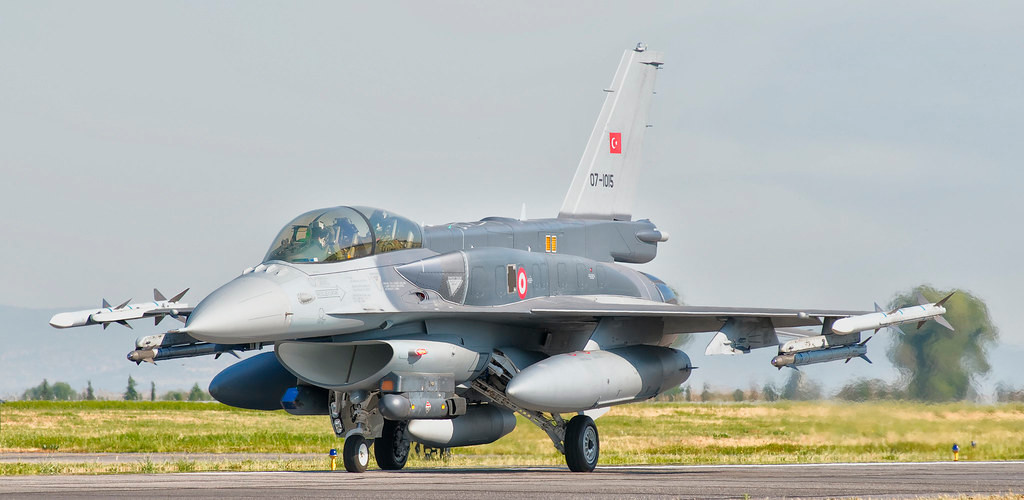Turkey’s Defense Ministry has announced that four members of the US House of Representatives Armed Services Committee will pay a visit to Ankara on Friday for talks with Turkish Defense Minister Yaşar Güler.
The ministry said in a statement on Thursday that the meeting would provide an opportunity to voice Turkey’s concerns about national defense issues such as its fight against terrorism, US support for the outlawed Kurdistan Workers’ Party (PKK)/Kurdish People’s Protection Units (YPG), the acquisition and modernization of F-16 fighter jets and other military procurement issues that await the approval of the US Congress.
Ending months of negotiations, the US government on January 26 approved a $23 billion deal to sell F-16 fighter jets to Turkey, after Ankara ratified Sweden’s NATO membership.
In late February the Turkish Defense Ministry received a draft offer and letter of acceptance for the modernization of 79 existing F-16s in its fleet and the procurement of 40 new fighter jets.
US support for Kurdish militant groups in Syria is one of the pressing issues in US-Turkish relations.
Turkey considers Kurdish militant groups in Syria such as the YPG to be an extension of the PKK, which is listed as a terrorist organization by Turkey and much of the international community.
The YPG forms an integral part of the Syrian Democratic Forces (SDF), which spearheaded the battle to dislodge Islamic State in Iraq and the Levant (ISIL) militants from the region in 2019.
Turkey accuses the US, which has 900 troops in Syria, of supporting Kurdish militant groups in Syria due to its cooperation with them in the fight against ISIL. However, the US has so far resisted calls by Turkey to halt its financial and military support for the YPG.
The House Armed Services Committee is chaired by Mike Rogers, a Republican, and has 56 members, both Republicans and Democrats. The committee retains exclusive jurisdiction for defense policy generally, ongoing military operations, the organization and reform of the US Department of Defense and the Department of Energy, counter-drug programs, acquisition and industrial base policy, technology transfer and export controls, joint interoperability, the Cooperative Threat Reduction program, Department of Energy nonproliferation programs and detainee affairs and policy.

